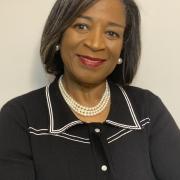Juneteenth: Reflections from NAEYC Governing Board Members
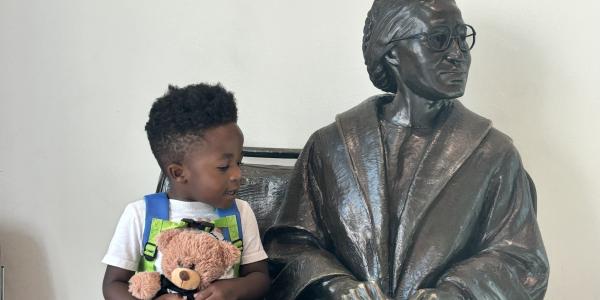
Tonia Durden
Long before Juneteenth became a national holiday, commemorating the date—June 19, 1865—when the last enslaved people in Texas learned they were free, my family gathered for “Jubilee,” a weekend-long celebration of what was known as Emancipation Day. Growing up in Decatur, Georgia, I vividly recall my parents packing us up in our station wagon to attend nonstop celebratory events with extended family—a respite from the harsh realities of racism, scarcity of resources, and oppression that my community too often faced. We ate delicious African American Southern food. We listened to speeches. We danced. And we participated in a parade that displayed the Black cultural excellence, talents, and beauty of our community.
Today, Juneteenth is a great opportunity for all Americans to pause and reflect, and to honor the spirit of African Americans who endured unimaginable atrocities and yet accomplished so much. It’s our chance to engage in truth telling and healing, and to share our stories with the next generation. I hope the following stories and reflections from my fellow board members will inspire you to continue this tradition in your families, classrooms, and workplaces, embracing this day as a celebration of strength, freedom, and community.
Read more about Tonia’s experiences in her 2024 reflection on Juneteenth.
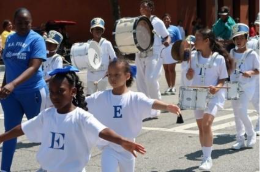
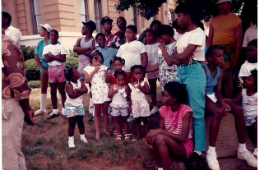
On the left, Tonia and her family enjoying Emancipation Day Parade. On the right, children from local community participating in parade.
Toni Sturdivant
I was born and raised in Texas, the logical first state to recognize Juneteenth as a state holiday, so Juneteenth has always been a part of my life. Being from a tight-knit family meant that for Juneteenth—and any other holiday—all of the aunts, uncles, cousins, and their children gathered at my grandmother’s house, ate soul food, played games, sang, prayed, and listened to the adults tell stories. As a parent, I make sure that my children keep the tradition alive, but in a more community-focused way. We attend community festivals, sometimes multiple festivals in multiple cities, and discuss freedom, ancestry, resilience, and hope. I’m particularly grateful to have been living in Fort Worth, the home of Ms. Opal Lee, the grandmother of Juneteenth (who also happens to be from the same rural East Texas town I’m from) when her annual walks and petitions for Juneteenth to be recognized as a federal holiday finally paid off.
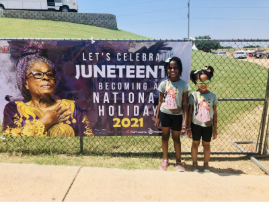
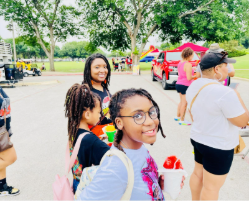
On the left, Toni’s daughter's pose in front of a sign honoring Ms. Opal Lee at the entrance to the Fort Worth, TX Juneteenth festival. On the right, Toni and daughters attending the combined four-city Juneteenth festivities in Duncanville, TX.
Barbara Cooper
My favorite memory of Juneteenth happened a year ago, when I had the privilege of celebrating Juneteenth with three generations of Coopers, my mother-in-law Mary Ann Cooper, my husband Walter Cooper, and my 3-year-old grandson Cooper Alexander Walker. We packed lunch and decided to spend the day in downtown Montgomery learning and experiencing our history at the Rosa Parks Museum. We learned about the many sacrifices our ancestors made and why we must pass this history down to the younger generations. He learned that this victory demonstrated the power of community and how we can make a difference when we unite for a common purpose and fight injustice without the use of violence. It is important that the ECE community continues to embrace and celebrate the holidays that are a part of the lives of the children and families we serve. This history should be foundational for what we teach and should become a part of our daily walk.
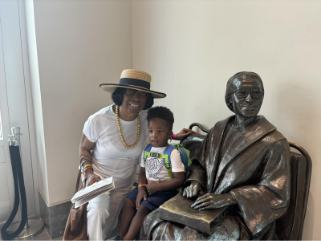
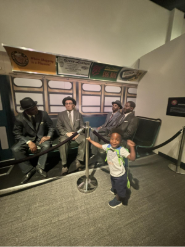
On the left, Great Grandmother Mary Ann Cooper enjoys a moment in history with Cooper. On the right, Cooper celebrating the Montgomery Bus Boycott victory!
Stacey French-Lee
My mother was born in Hopkinsville, Kentucky, where August 8 continues to be celebrated as Emancipation Day—the day when enslaved people in parts of Kentucky and Tennessee first heard they were free. It is a day filled with family gatherings, cookouts, music, and reflection. As a very young child I believed that August 8 was the day everyone celebrated as Emancipation Day. It wasn’t until I was older that I learned about Juneteenth—June 19, 1865—the day enslaved people in Texas were finally told they were free. I was surprised to learn that different communities learned at different times, sometimes years after the Emancipation Proclamation.
This realization gave me a new understanding of history—how information, like freedom itself, was unevenly shared. It made me appreciate how regional traditions like our August 8 celebration hold important, though lesser-known, pieces of the American story. Recognizing these different dates helps paint a fuller picture of the long road to freedom in the United States. Still today, every year, in Hopkinsville and in other parts of Kentucky and Tennessee, families gather with food, music, and stories passed down through generations to celebrate. It is a time of joy and remembrance.
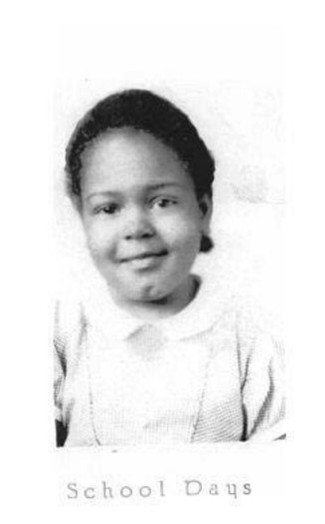
A photo of Stacey’s mother, Dorothy Jewell French as a child in Hopkinsville, Kentucky.
Tonia R. Durden is president of the National Association for the Education of Young Children.

Toni Denese Sturdivant, PhD, is an early childhood consultant and vice president of early education and workforce development at Camp Fire First Texas. Her work focuses on racial identity development with young children.
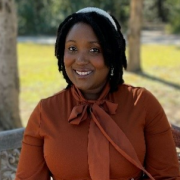
Dr. Barbara Cooper is CEO of Cooper Veal Education Consulting and a nationally recognized leader in early childhood education. With a career spanning teaching, administration, and state leadership, Dr. Cooper has advanced equity and excellence in education across multiple states.
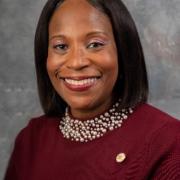
For over 35 years, Dr. Stacey French-Lee has been an early childhood education advocate, practitioner, and leader in state-licensed and NAEYC-accredited programs. Her leadership and experiences span international and national contexts, including working in military, corporate, and university settings, serving on urban school boards, and serving as a consultant for early childhood programs, foundations, and county government agencies. Currently, Dr. French-Lee is a clinical associate professor at Georgia State University (GSU) in the Department of Early Childhood and Elementary Education. She is also the executive director of the two GSU campus child development centers.
